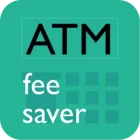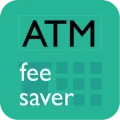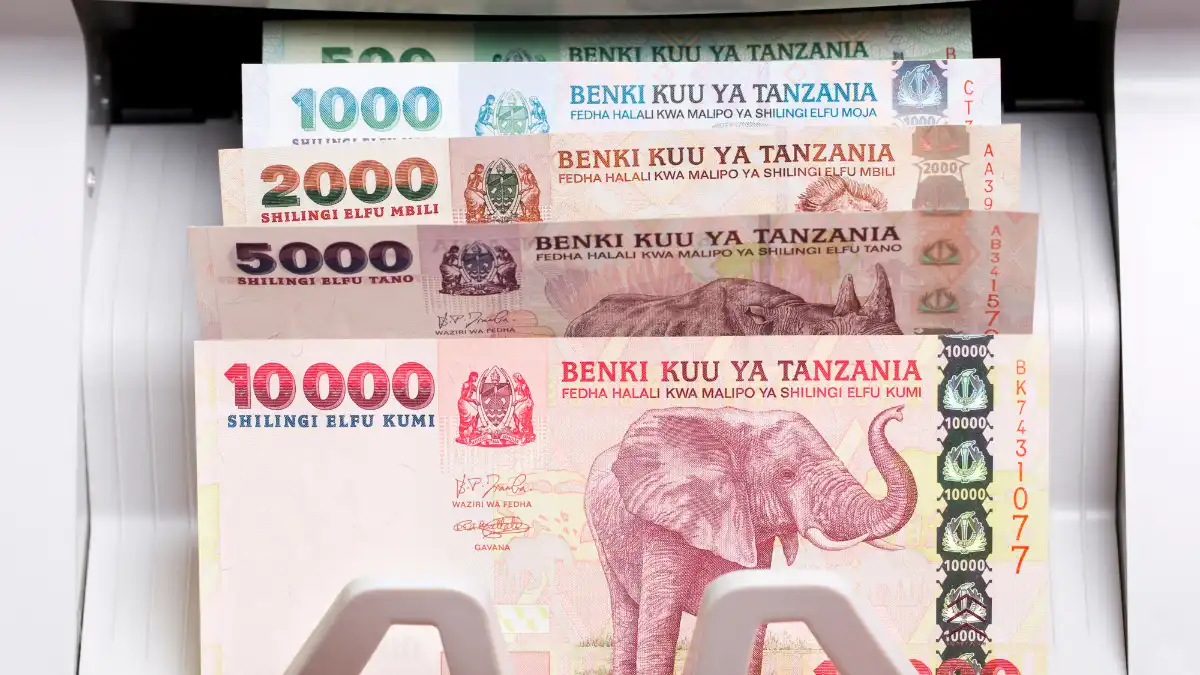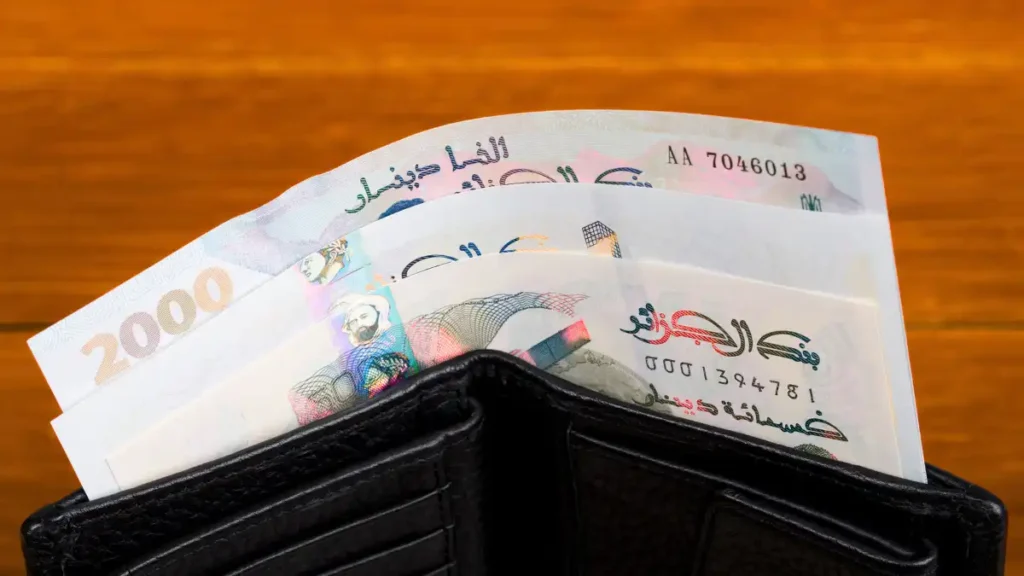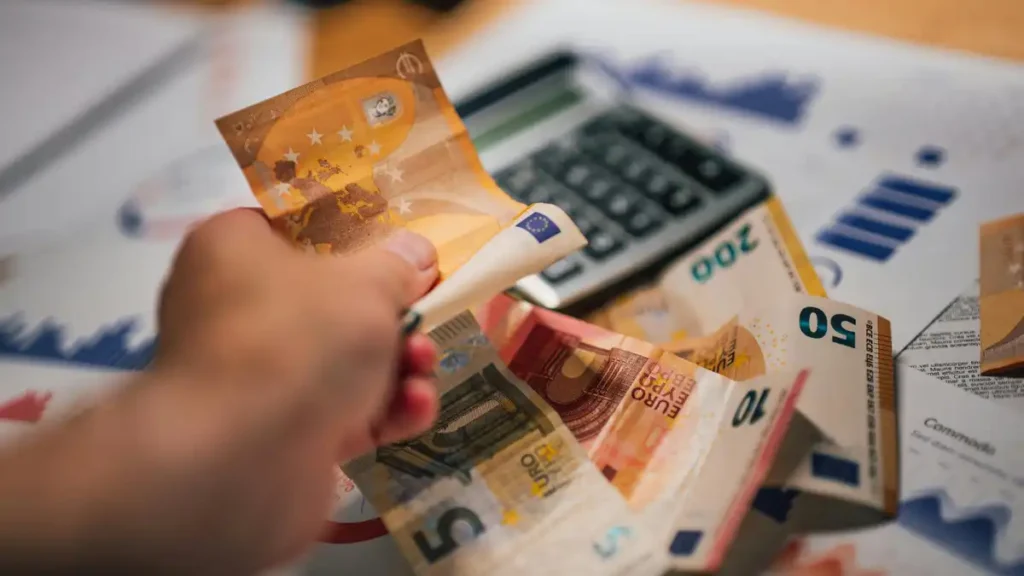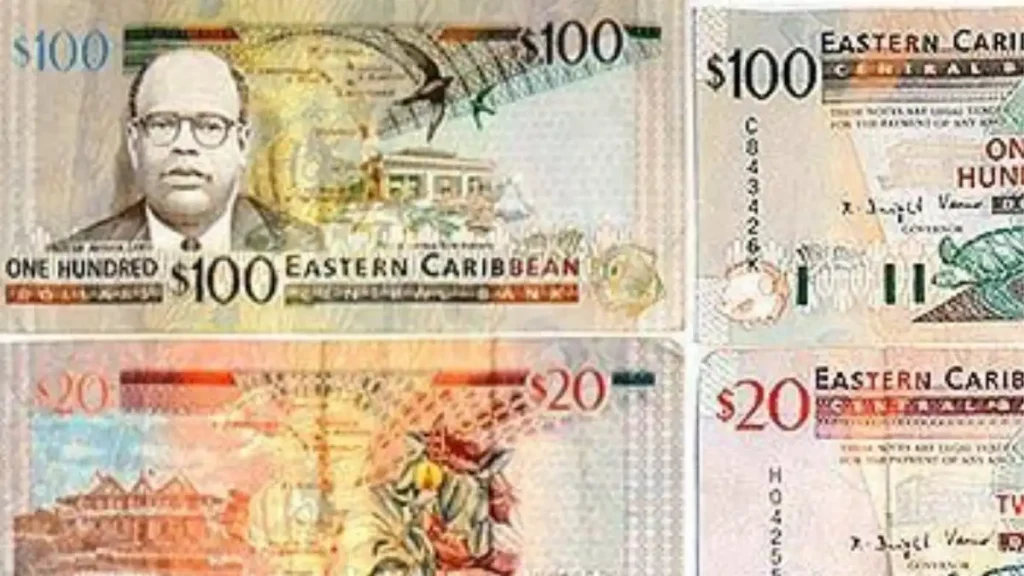From Serengeti safaris to the beaches of Zanzibar, Tanzania offers an unforgettable journey-just be sure you understand how to handle money in Tanzania before you go. The local currency is the Tanzanian Shilling (TZS), and while ATMs are available in cities like Dar es Salaam and Arusha, they can be unreliable or unavailable in rural areas and national parks. Cash is king across much of the country, and small denominations are especially useful. This guide breaks down how to get currency in Tanzania, where to exchange it safely, and smart tips for keeping your cash secure during your travels.
How to pay in Tanzania – cash or card?
The majority of Tanzanians, particularly those living in rural areas and shopping at local markets, prefer to get cash. Especially in less urban places.
You can use cash for:
- Budget hotels
- Hostels
- Local tour operators
- Tips and gratuities (expected in Tanzanian Shillings or USD)
- Entry fees to smaller attractions or cultural sites
- Local buses (dala-dalas)
- Local taxis
- Local tuk-tuks
- Street food
- Small eateries / restaurants
- Sit-down restaurants (especially local joints)
- Small purchases
- Local expenses at grocery stores, local shops, street vendors
- Tailoring services
- Laundry services
- Mobile SIM and phone top-up (via kiosks)
- Nightlife / bars (outside of major hotels)
- Emergency medical clinics / pharmacies (cash preferred outside cities)
You can use card for:
- 4 and 5 star hotels
- Large tour operators
- Shopping at malls
- Entry fees to national parks and popular sites (if pre-paid)
- Airport transport (airport taxis, shuttle services at upscale hotels)
- Sit-down restaurants (in major cities and resorts)
- Upscale restaurants
- Online bookings for upscale hotels, flights, tours
- Spas (in hotels)
- Vehicle renting (major providers in cities or airports)
Cash is king in most parts of Tanzania, especially outside Dar es Salaam and Arusha. Carry Tanzanian Shillings and some USD for smoother transactions.
What’s the best currency to take to Tanzania?
The Tanzanian Shilling (TZS) is the official and most accepted currency with common note denominations including 500, 1000, 2000, 5000, and 10,000 TSh.
In Tanzania, the tourist industry, which includes hotels, safari companies, and a few bigger shops, generally accepts US Dollars. In tourist areas, Euros are also accepted, though they aren’t as common as US Dollars. You cannot typically pay with pounds.
So, Tanzanian Shilling is the best currency to take to Tanzania.
Where to get the local currency in Tanzania?
In Tanzania, you can get the local currency in 3 ways. These are:
ATMs, or
Currency exchange
Money transfer and local pick-up
Tip: Don’t buy Shilling back home. Because of its low global popularity, this currency is unlikely to be readily available in your home country, and even if it is, the exchange rate will be unfavourable.
Types of cards to swipe in Tanzania
Visa and Mastercard transactions are commonly accepted for swiping. You might also find some places that accept Amex and other cards, albeit less frequently.
Types of cards at ATMs in Tanzania
When withdrawing money in Tanzania, majority of the ATMs will accept Visa, Mastercard and UnionPay cards. Some of them may accept Cirrus, Plus, Maestro, or Amex cards but this is not common so don’t rely on it. Cards such as JCB, Diners, and Rupay are not usually accepted by many ATMs.
Should I exchange money before travelling to Tanzania?
It’s a good idea to bring a small amount of Tanzanian Shillings (TZS) or USD before traveling for immediate expenses like taxis, tips, or visa-on-arrival fees. However, most foreign banks do not stock TZS, and exchange rates outside Tanzania are generally less favorable.
A more practical option is to withdraw TZS from ATMs upon arrival. ATMs are widely available in Dar es Salaam, Arusha, Zanzibar, and other major cities and tourist areas, including at airports. Most ATMs accept Visa and Mastercard, though Cirrus, Plus, and Maestro cards may have limited support. Be sure to check international withdrawal fees with your bank.
Currency exchange services are offered at banks and licensed forex bureaus across Tanzania. In urban and tourist-heavy areas, bureaus generally offer competitive rates-better than airports or hotels. USD is the most commonly accepted foreign currency for exchange, and newer bills (especially post-2009 $50 and $100 notes) are preferred.
Credit and debit cards are accepted in high-end hotels and some larger businesses, but cash is still essential for transport, markets, and rural areas. Carry a mix of cards and cash for maximum convenience.
Where to withdraw money in Tanzania
The best ATMs for foreigners to use in Tanzania are those owned by popular banks such as:
- DTB,
- KCB,
- EcoBank.
There are other banks like Stanbic Bank, NBC, NMB Bank, Absa that also accept foreign cards, albeit with a fee.
For a detailed guide, read Cash and ATMs in Tanzania.
Discover fee-free and low-fee ATMs on the ATM Fee Saver mobile app for iOS and Android. This app provides ATM PINs and details of leading bank ATMs such as ATM fees and withdrawal limits for foreign cardholders at ATMs in Tanzania. Moreover, its simple fee calculator helps you determine exact withdrawal charges. You can also find cash tips and tricks on the app for 160+ countries including Tanzania.
Download now from the App Store or Play Store.
Where to exchange currency in Tanzania
In Tanzania, you can exchange currency at authorised currency exchanges, banks, airports, and hotels, the most popular being authorised currency exchanges.
Currency exchange in Tanzania is commonly done through licensed forex bureaus, which offer more competitive rates than banks, especially for USD, EUR, and GBP. These are widely available in:
Dar es Salaam (particularly in city center and near ferry terminals)
Zanzibar (Stone Town and airport areas)
Arusha (for safari travelers)
Mwanza and Moshi (near Kilimanjaro)
- Notable currency exchanges are:
Royal Forex Bureau
Afrika Bureau de Change
Zam Zam Bureau de Change
Exim Forex Bureau
Avoid unlicensed street exchangers to prevent scams.
- Banks Offering Currency Exchange:
CRDB Bank
NBC Bank
Exim Bank
NMB Bank
Banks may offer currency exchange but often with higher margins and slower service. Most are open Monday to Friday from 8:30 AM to 3:30 PM and shorter hours on Saturdays.
💡 Tip: USD notes should be in good condition and printed after 2006-older or damaged notes are often rejected or devalued.
Pro-tips:
Stay away from airport exchanges – Poor rates
Avoid the black market – Be wary of being conned.
Include fresh notes – If your notes are damaged or dirty, you can expect to pay more or less.
Is carrying money in Tanzania safe?
In Tanzania, it is safe to carry a reasonable amount of cash. However, here are some things to keep in mind if you plan on travelling with cash in Tanzania:
Some safety tips for carrying cash while travelling in Tanzania are:
- Carry only the cash you need.
- Do not keep all the cash in one pocket or wallet.
- Put some cash in a safety belt or fanny pack.
- Do not flash your cash.
- When paying, do not remove or display your entire cash.
- Keep wallets preferably in front pockets.
- Cross-wear your purses if possible.
- Hold your purses, wallets and bags close and tight on crowded streets and in public trains and buses.
- When withdrawing cash, keep the cash low while you count it so people around don’t see it.
- If you’re dining alone, don’t leave your wallet / bag unattented while you go to the restroom.
- If sitting outdoors in a restaurant, don’t leave your wallets / bags on the table.
Is it better to use debit or credit cards or pay by cash in Tanzania
Use a card if it is fee-free i.e. your bank does not charge any fees to swipe the card, when the merchant / POS also does not impose any extra charge to use a card, you need to use the insurance of the card, don’t want to block cash of large purchases and card’s swipe fees are lower than withdrawal fees.
Pay by cash by withdrawing cash from ATM or exchanging currency where – fees on ATM withdrawals are lesser than fees on swiping cards, you don’t want to leave any digital footprint of your expenses, it is convenient and easier to conduct transactions.
